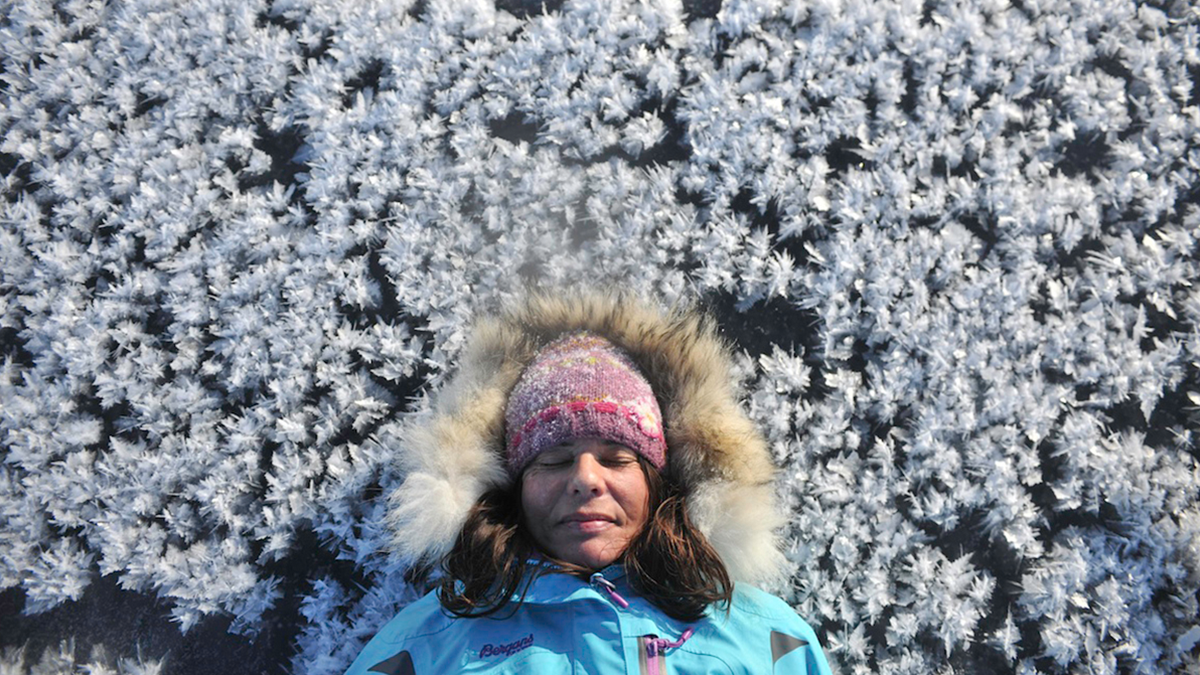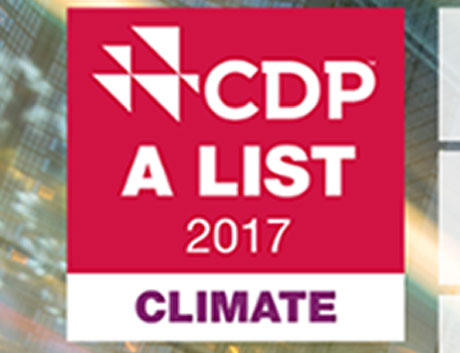Are we doing enough?
12 December 2017
ING announced today that we will have close to zero exposure to coal power generation by 2025, strengthening our coal policy to support the transition to a low-carbon economy.

An important and positive step many would say, and generally speaking, we are recognised positively for our climate change approach. And yet we still finance the oil and gas industry. How is this possible?
Head of Business Ethics Arnaud Cohen Stuart explains this and other climate dilemmas we face as a global bank.
Should we still finance the oil and gas industry at all?
I can imagine this seems like an easy one—just stop, right? But I’m afraid it’s more complex than that. Let me explain.
The 2015 Paris Agreement, where global government leaders agreed to keep the temperature increase to well below two degrees, is about balancing the climate and the economy. In other words, in order to safeguard the global economy, the world must accept a certain level of climate change.
Whether we like it or not, the world still needs fossil fuels. Experts say that in a two-degree scenario almost half of global energy demand will still be met by oil and gas in 2040. This demand itself is predicted to increase 30% by then if no additional measures are taken, which is as much as if we added an entire new China and India to today’s levels. Simply said, the demand is growing faster than the green options to fulfil it.
We have to look at what is needed and what is feasible. There are two things that need to change: the energy source and energy consumption. Energy efficiency must increase for energy consumption to decrease. That means a huge shift for society—we must become more circular, buy products that consume less energy.
The magic word is electrification, as that is the only way we can exponentially grow the demand for renewable power as a substitute for fossil fuel. That shift is happening—electric vehicles is a great example. At ING we’re active on all fronts to help society make that shift, but the reality is we can’t do it alone, and we all have to do it faster.
Can we withdraw from all coal financing?
We’ve taken a big step today by saying that we will go towards zero exposure to coal in 2025, and we do this for a reason. Coal is the most polluting fossil fuel of all, and in power generation it can be substituted by cleaner alternatives like gas or renewables such as wind and solar. But there are different types of coal. Thermal coal is used for power generation. Given its impact on the climate and the alternatives readily available, we plan to reduce our exposure to this type of coal to close to zero. However, when smelting steel, a different kind of coal is used to fire up the process: coking coal. The world cannot do without this yet. That’s why we’re focusing on thermal coal.
Can we do more to reduce our carbon footprint?
ING is seen as a bit of a frontrunner by the likes of CDP and the Dow Jones Sustainability Index, but we’re not stopping there. Our Environmental Programme focuses on the footprint from our own operations. Still, our biggest impact can be made with the footprint of our clients, which is much more complicated to measure and control. We are committed to understanding the impact our lending has on the climate, and have begun research into this, but we are not there yet. It’s also in clients’ best interests, as those who are not on track face the risk of climate legislation and competitive disadvantage. So we’re working on it, but it’s a much harder path than controlling your own behaviour.
Should we reject all unsustainable clients?
Ultimately, yes. At ING we think more in terms of transition and engagement than inclusion or exclusion. We check each client and every transaction against our environmental and social risk policies. If they don’t meet them, walking away seems the easiest thing to do, but in many cases we believe it’s better to talk with the client and help them improve. We often respond to funding requests with a “yes but”, where we outline sustainability improvements the company will have to make first. We then work with them to realise these changes. That’s what I mean when I say we try to change the industry from the inside. The real societal impact is in the transition. But of course when engagement and improvement don’t work, we don’t provide financing.
Why can banks like our Dutch peers Triodos and ASN exclude fossil fuels but we can’t?
It’s laudable if you embed social and environmental goals into the core of your business strategy and stick to it. I can only applaud that. Keep in mind, the world doesn’t only use fossil fuels for power generation, but also for fertilizers, chemicals, plastics, steel-making and other useful and necessary things. But my main argument would be the following: Triodos and ASN have a loan book of about EUR 6 bln each, compared to ours of EUR 623 billion. This gives us different roles to play in society. Our bigger size gives us the potential to make a bigger impact.
ING is and will remain an important player in the energy sector, see what I mentioned above by the first dilemma. Whether we like it or not, 81% of today’s energy demand is fossil-fuel based. That needs to change, but we believe ceasing to finance fossil fuels today is not the way to make the transition. Our role is to facilitate change from the inside. To work with our clients financing their transition. Setting strict conditions on what we will and won’t finance and helping companies improve their sustainability practices as soon as possible.
How do we receive good sustainability ratings and still get criticism?
Yes we often get criticism, both from NGOs in the media and people on Facebook and Twitter. And that’s a good thing. We take this feedback seriously. I don’t expect everyone to look beyond these critical voices. But I do see that people, clients, NGOs, governments—all are growing more willing to take notice of what we are actually doing, looking underneath the surface. Because they see the steps we are taking, and that our intentions are in the right place. We’re making good progress, even though we may not be moving as fast as some would like.
Climate activist Bernice Notenboom dares us to be a frontrunner. How would you respond to her?
I would say that this is also our ambition. We must become climate resilient. We believe we have a duty as a global bank to drive positive change in the world, not only prevent what’s harmful. We like to say that of all the banks helping the world last, we want to be first. I think we are on the right track, but I also understand when people like Bernice say we need to move faster. I’d say: keep pushing us!
What is Business Ethics?
ING’s Legal and Compliance departments are responsible for making sure ING follows the law—the Environmental and Social Risk department incorporates climate risks into our policies for responsible decision-making, and the Ethics department looks beyond the law, considering reputation risk and balancing all the bank’s interests.


